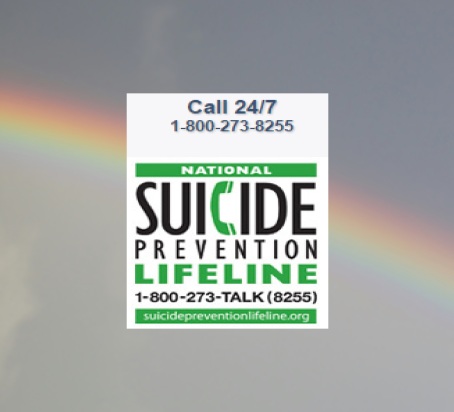
Chris Cornell in Minneapolis, October 2015 (photo credit: Samantha Myhre)
When I learned about Chris Cornell’s death this morning, I was filled with disbelief and sadness. Chris was a remarkable musician
and a humanitarian.

When I learned that he died by suicide, I couldn’t help but think back to how painful it was to learn of Kurt Cobain’s death by suicide years ago.

a bench turned memorial outside of Kurt Cobain’s former house
If someone you don’t know can have such an impact on your life, it’s hard to fathom how much pain Chris’ loved ones are experiencing right now. My heart goes out to them. I hope they receive all of the support, respect, and privacy they need in the face of their tragic loss.
There will be (and already are) amazing pieces dedicated to Chris’ legacy as a musician, as a humanitarian, and his personal impact in his roles as a friend, father, and husband.
What I want to focus on here is something that came to mind as I recalled MTV’s interviews with people about their reactions to Kurt’s death. In particular, I was thinking about people who had suffered from their own mental health problems and looked to Kurt as a symbol of hope. I know there were people who looked at Chris, who had been open about past mental health struggles, in the same way. When you see someone you look up to survive and thrive in the face of mental health struggles – it’s inspiring. When you lose that person, it can dampen your own hope.
To the Chris Cornell fans out there:
First, I am so very sorry for your loss and all of the hurt that goes with it.
Secondly, I want you to know that mental health problems are treatable and that suicide is preventable. Please take care of yourself – reach out for help and support. There is strength in seeking help, and mental health struggles are nothing to be ashamed of. You matter – please stay.*
For information about suicide warning signs and suicide prevention, please go to the American Association of Suicidology website.
A useful resource for finding mental health help can be found here.
If you are having thoughts about suicide, please contact the National Suicide Prevention Lifeline.

*#STAY is a t-shirt campaign for suicide prevention started by Live Through This. You can find out more about it here.
